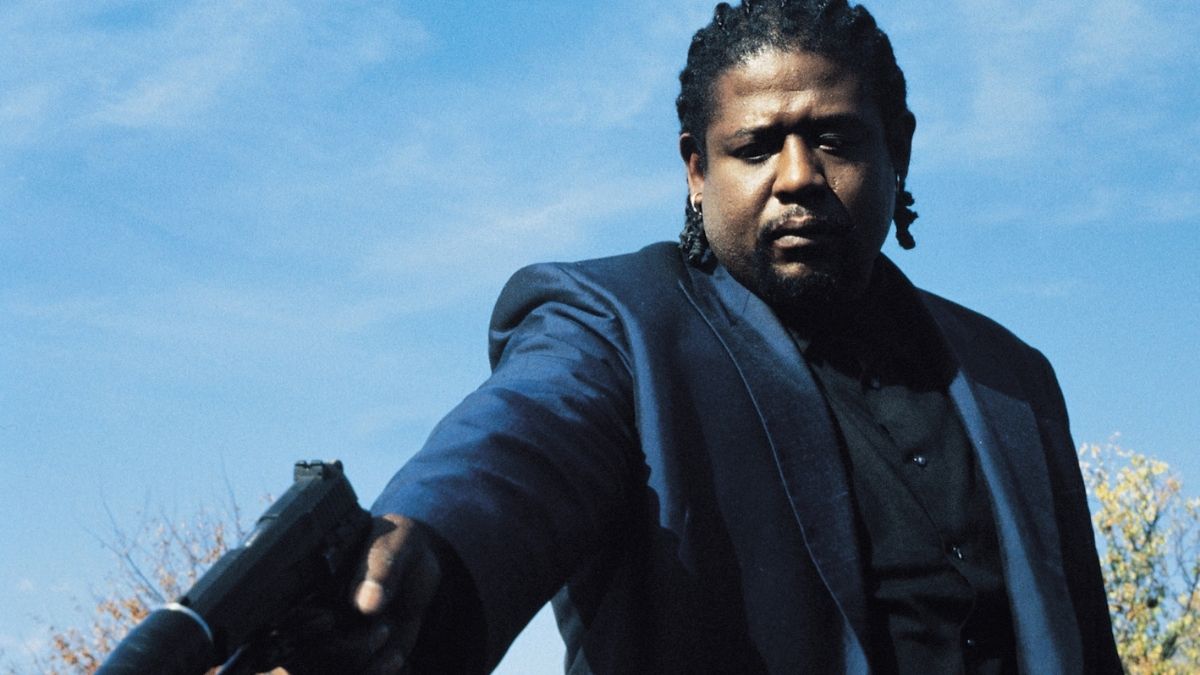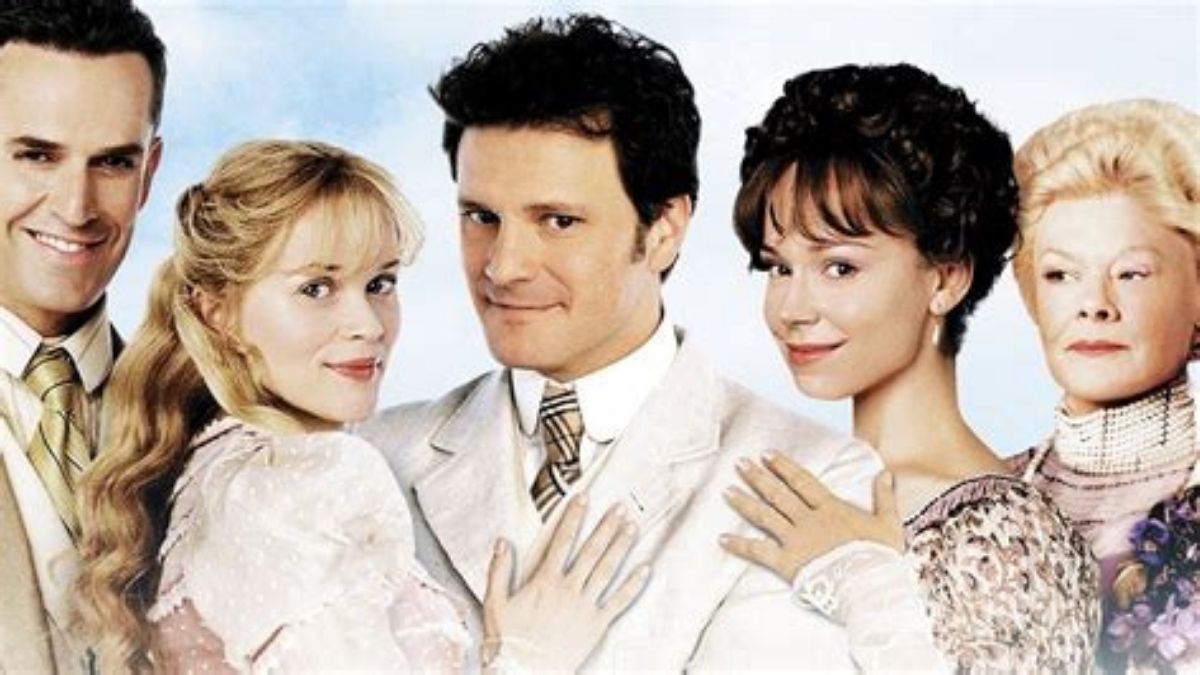Dr. Malcolm Sayer
Dr. Malcolm Sayer Monologues
I'm sorry, if you were right, I would agree with you.
What we do know is that, as the chemical window closed, another awakening took place; that the human spirit is more powerful than any drug - and THAT is what needs to be nourished: with work, play, friendship, family. THESE are the things that matter. This is what we'd forgotten - the simplest things.
His gaze is from the passing of bars so exhausted, that it doesn't hold a thing anymore. For him, it's as if there were thousands of bars and behind the thousands of bars no world. The sure stride of lithe, powerful steps, that around the smallest of circles turns, is like a dance of pure energy about a center, in which a great will stands numbed. Only occasionally, without a sound, do the covers of the eyes slide open-. An image rushes in, goes through the tensed silence of the frame- only to vanish, forever, in the heart.
You'd think at a certain point all these atypical somethings would amount to a typical something.
I'm not very good with people. I like them. I wish I could say I had more than a rudimentary understanding of them. Maybe if they were less unpredictable...
His vision, from the constantly passing bars, has grown so weary that it cannot hold anything else. It seems to him there are a thousand bars; and behind the bars, no world. As he paces in cramped circles, over and over, the movement of his powerful soft strides is like a ritual dance around a center in which a mighty will stands paralyzed. Only at times, the curtain of the pupils lifts, quietly - . An image enters in, rushes down through the tensed, arrested muscles, plunges into the heart and is gone.
Do you think a Parkinsonian tremor taken to its extreme, would appear as no tremor at aIl?
Oh, yes. Imagine you accelerated a Parkinsonian hand tremor to the point of immobiIity in the - Suppose there's a patient with Parkinsonian compulsions accelerated: the hand tremor, the head bobbing, ticking, quickening of speech. Might they not aII cave in on themseIves and, in effect, turn a person into stone?
Some things couId reach him, though. The mention of his name, notes of a particuIar piece of music. Or the touch of another human being. But awakenings were rare and transient, Iasting onIy a moment or two. The rest of the time, he remained, as you see him here, in a metaphoricaI, if not physioIogicaI, equivaIent of sIeep, or even death.
The reaIity is we don't know what went wrong any more than we know what went right.



